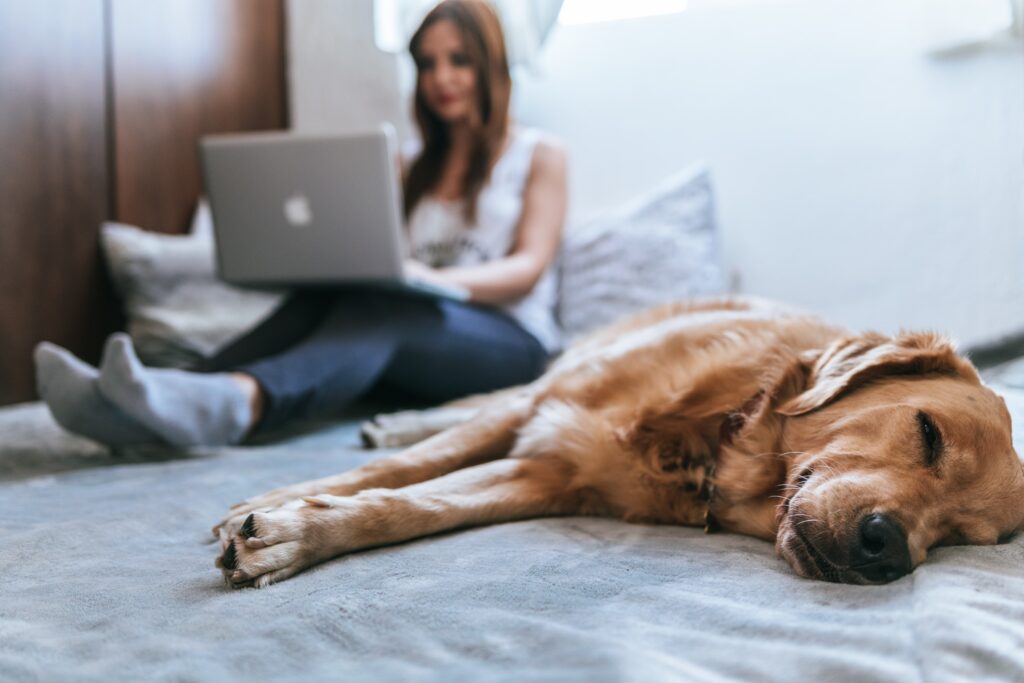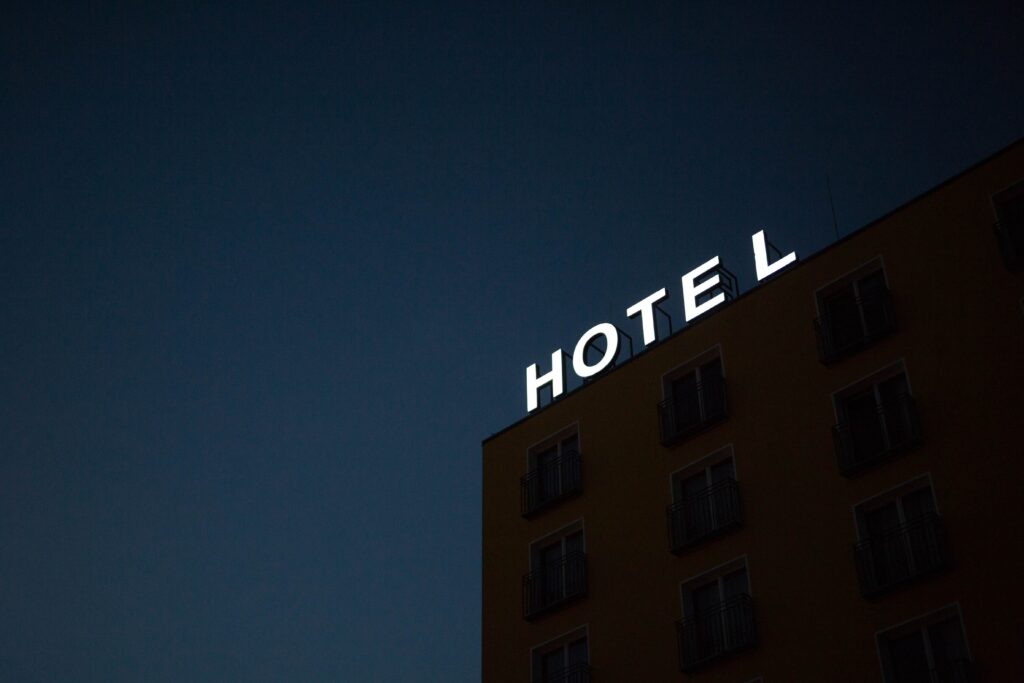Self Employed? What expenses are allowable?
One of the things that Sole traders ask us about regularly is to do with what expenses you can claim to lower your tax bill. Your ‘allowable expenses’. It is important that you have a grasp of this so that
1) you don’t claim for things that you will later need to repay (usually with interest) and
2) that you don’t pay more tax than you need to!
So let’s start at the beginning
What do we mean by allowable business expenses?
You will have costs that you incur in the running of your business. And in things you provide for your staff, such as training courses or travel expenses, even some of the costs for staff entertainment. In simple terms, once you have added up your income you will then add up your allowable expenses and this total will be taken off your income to create a new total which is lower, called your taxable profit. And it is upon this that you will calculate the relevant tax percentages.
What can you claim for? What are regarded as allowable business expenses?
Here’s a run through of the most common areas. Every business is unique however, so it’s worth talking to your accountant to make sure you have every possible cost covered.
Office, property and equipment
- Stationery, printing, postage, phone bills
Worth noting re phones that Sole traders and partnerships can claim the cost of business calls on home phones and mobiles. Line rental can also be claimed where it is purely a business line.
- Computer software you use for less than two years or where you regularly renew the licence
- Rent for business premises, property insurance, business rates, utility bills
- Expenses for furniture or decorating the offices
The cost of decorating your business premises will be allowable assuming the costs are reasonable and the business premises are actually visited by your customers.
A note about ‘Working from Home’
if you work from home full or part time you can claim an ‘appropriate proportion’ of your household bills as a business expense including heating and lighting costs and council tax.
Here the proportion is generally based on the number of rooms in the house, excluding bathrooms, toilets, kitchens and hallways. Please get in touch to discuss your particular circumstances. Alternatively you can claim a flat amount of £6 per week without having to keep any records.
Costs relating to travel and ‘subsistence’
It is worth noting that you cannot claim for travel to your place of work, but you can claim for the costs of travel you incur in the course of your work.
Also, while the accommodation and meals are referred to as ‘subsistence’, you don’t have to just ‘subsist’. The revenue will allow the full costs relating to the amount you paid, there is no limit. So if you want to treat yourself, feel free!
- Fuel
- Parking
- Train or bus fares
- Vehicle insurance
- Hotel rooms or meals on overnight business trips
A note about your car
While you cannot claim to travel to and from your place of work, you may claim a proportion of their car’s running costs, including petrol, insurance, road tax, repairs and maintenance, based on their annual business mileage. This is claimable as a flat rate of 0.45p for the first 10,000 miles and 0.25p for business miles over 10,000.
Alternatively you can claim a flat % of all the costs of the car based on the % of business use.
Capital allowances can be claimed on business cars but the rates and relief vary depending on the type of vehicle (Commercial or not) and the CO2 emissions of the vehicle.
If you’re unsure of the best route to take, get in touch and we can let you know!
Clothing
- Uniforms
- Required protective clothing
- Costumes
By the way, you cannot claim for everyday clothing (even if you wear it for work).
Staff costs
Extra point on this. Don’t overlook the costs of any family members who help you. If any member of the family does any work for your business, you may pay them an appropriate salary and claim it as a business expense. If your partner takes business calls on your house phone then they are working for the business!
Also, if the family member has no other income some, or all, of the salary will be tax free thanks to the income tax personal allowance and national insurance threshold. So a win/win! They may be liable to pay National insurance if the income is over the small profit threshold of £6,515. (21/22 tax year)
The cost of staff parties and any other form of staff entertaining is usually deductible. Typically, this will cover the Xmas party or annual dinner.
As long as the annual cost of any staff functions is kept under £150 a head, there will be no taxable Benefit in Kind for the employees either. This allowance can be used to exempt one or more functions each year, the total cost of which does not exceed £150 per head.
As a sole trader you aren’t an employee of the business, you are the business, so unfortunately the costs of entertaining yourself at the christmas party won’t be allowable!
Reselling goods
- Stock – things you sell on
- Materials, used to make the products you sell
- Costs generated by producing the goods you sell
You cannot claim for:
- any goods or materials bought for private use
- depreciation of equipment
Legal and financial
- Accountancy fees
- Legal or other professional fees for your business
- Insurance policies for your business
- Bank, credit card and other financial charges
- Interest on bank and business loans
- Bad debts (only if you use traditional accounting)
Marketing, entertainment and subscriptions
- Advertising costs
For example, advertising in newspapers or directories, bulk mail advertising (mailshots), free samples
- Website costs
- Trade or professional journals
- Trade body or professional organisation membership if related to your business
You can claim for:
- trade or professional journals
- trade body or professional organisation membership if related to your business
You cannot claim for:
- payments to political parties
- gym membership fees
- donations to charity – but you may be able to claim for sponsorship payments.
Training costs
- Relevant training courses for your business, for example Continuous Professional Development costs, or courses to enable you or your staff to do your job.
Other questions:
I use something for both business and personal use. Can I still claim for this?
Allowable expenses only relate to business costs. For example, if you use your phone for work and personal use, you’ll only be able to claim for the costs related to your business calls.
How do I claim a business expense?
Whether it’s parking, printing or relevant professional fees, to claim your allowable expenses you’ll need to:
- Keep records as proof of your costs, such as invoices and receipts
- Add up the total for the tax year
- Include this amount in tax return
Your paperwork can sometimes become a low priority owing to the ‘busyness’ of life, so help yourself and try to make sure you stay on top of your records throughout the tax year. This will make the process easier. You won’t be asked to send proof when you file your tax return, but you must keep records for a minimum of six years, in case the revenue asks to see them.
If you have any questions about anything we’ve talked about in here, please call us on 01763 257882 or email David@
www.theaccountancypractice.com






